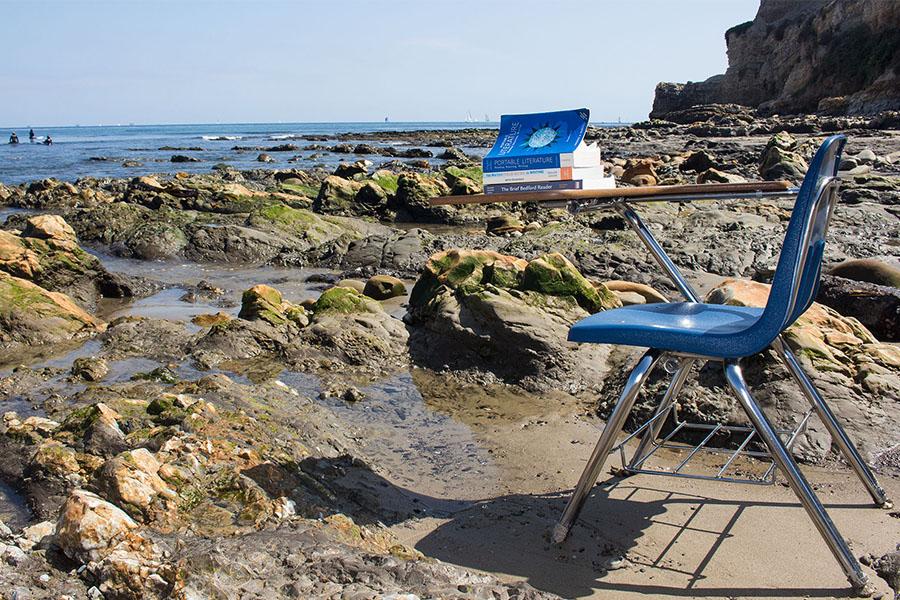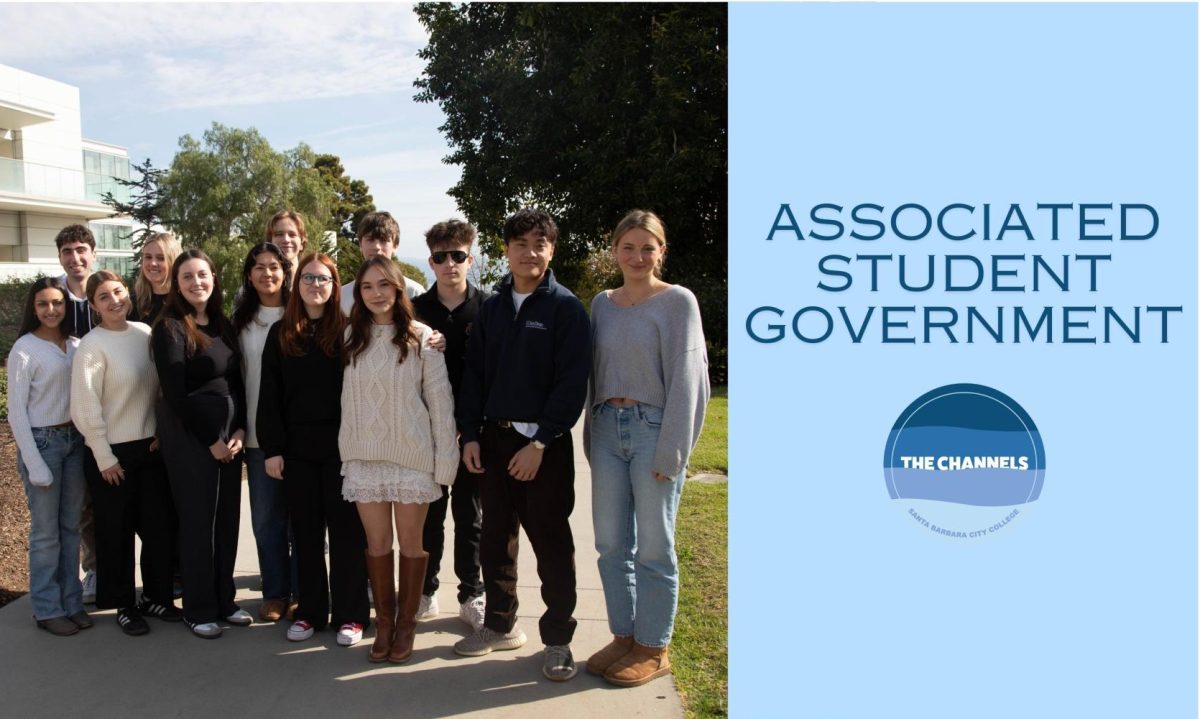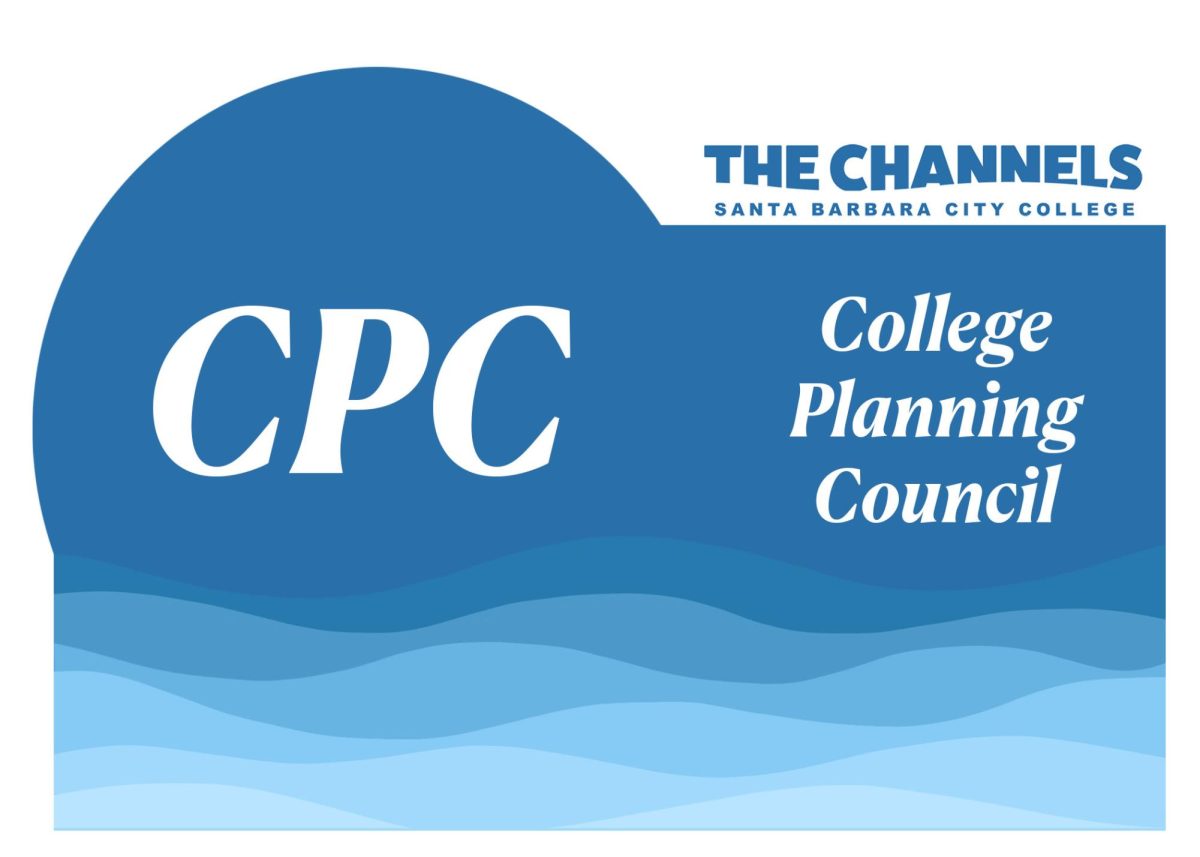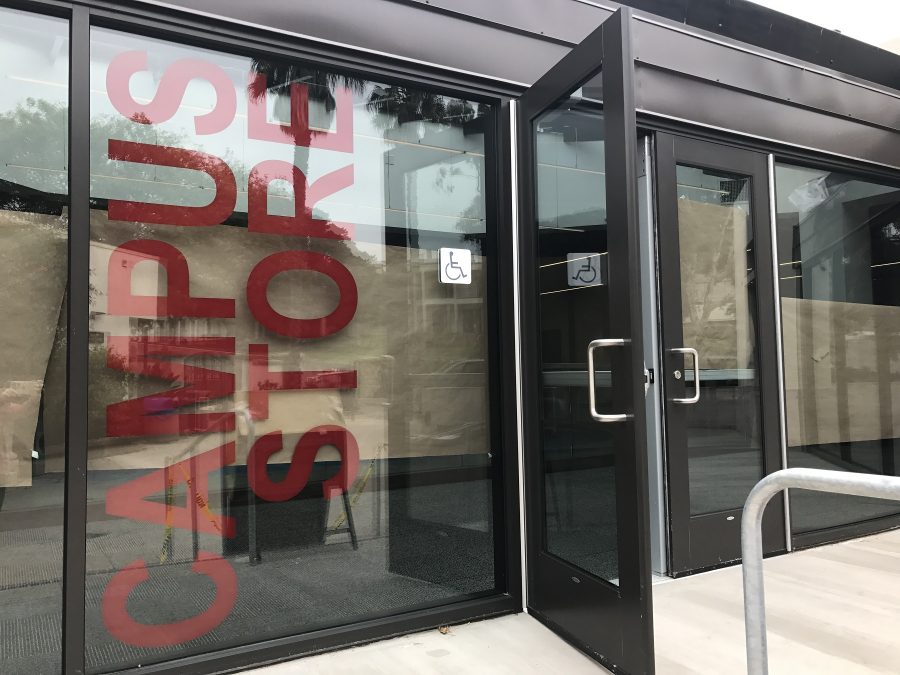City College administration is moving forward with approving two six-week summer class sessions, starting in 2015.
The change will enable students to complete their lower-division transfer requirements faster. Although the price has not been finalized, classes will likely remain close to $46 per unit.
“I was just thinking about what’s best for our students,” said Dr. Jack Friedlander, Executive Vice President of Educational Programs.
Friedlander first proposed the idea to the College Planning Council in 2009 and officially took action to approve the idea in the March 18 meeting. Students were asked to take a survey regarding two summer sessions, and the results were mostly positive. However, the Academic Senate was unable to approve the plan because of budget issues.
This past fall semester, students were asked to fill out another survey regarding summer school, and even more students said they would enroll.
“I think it’s a great idea,” said Jen Kelly, 23, Psychology major. “I think a lot of kids will take advantage of it.”
Spring semester will begin and end a week earlier, giving students a longer summer vacation. The first session will start one week after spring semester ends, a week earlier than it has in the past, to ensure students a break between summer and fall semester.
At the moment, City College’s summer vacation is approximately 13 weeks long. During this time, campus is open for instruction for only six weeks.
According to Friedlander, the school’s current winter break is too long. Many students still pay rent during winter break, and he thinks it is unfair for them to spend money on rent when they are not in school.
In the future, he would like to see winter break become even shorter so spring semester could end earlier.
“For students time is the enemy, the longer it takes for them to graduate, the less likely they are to succeed,” he said.
The classes offered during summer will remain the same, with a few additions. The number of math, science, and English classes will be increased because of the high demand during the school year.
“It was a good idea then, it’s an even better idea now,” Friedlander said.


















